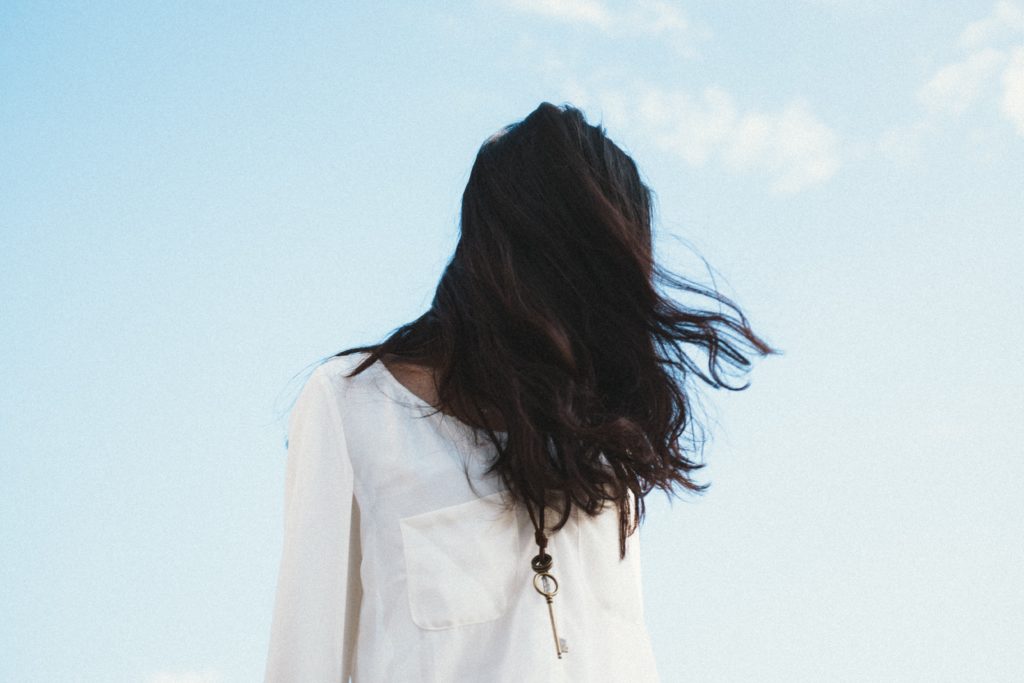I’ve been forced to think about death lately — my own. First when I interviewed Katy Butler about her book The Art of Dying Well: A Practical Guide to a Good End of Life earlier this year, and more recently when I interviewed BJ Miller on the book he co-wrote with Shoshana Berger, A Beginner’s Guide to the End: Practical Advice for Living Life and Facing Death. Both books are more about living a good life in the time we have left (however long that might be) than about death and dying per se, and so they have made me think a little more urgently about the years ahead. How will I age alone, even though I don’t necessarily want to. But I’m single and I may be single from here on in — what is that going to look like?

I have feels.
I realize I need figure out how this aging alone as a single woman thing is going to work. As much as I’d love to have a grand romance before I die, I can’t count on that — I need to have a plan in place for aging alone.
And, to be honest, so do you.
Being partnered is no guarantee
Even if you’re partnered now, stuff happens. Your partner may suddenly become ill or incapacitated and need to be in a care facility. Or they could die. Not to be a downer but that happens — a lot. Being partnered may get the societal seal of approval, but it does not protect us from aging solo. In fact, of the nearly 13 million bereaved spouses in America today, 11 million are women.
Regardless of our relationship status, getting older has certain realities we’ll need to face.
Isolation is one of the biggest problems facing older people — people 60 and older who live alone spend about 10 hours of their day by themselves. That’s a lot! How are we going to keep ourselves connected? Thankfully, I have a village of lovelies — women I’ve known for decades.
Money is another issue. Divorced, widowed and never-married women — especially women of color and LGBT women — experience the highest rates of poverty (I know this all too well). In what ways can we either increase our income or reduce expenses? I have numerous side hustles just to survive, and yet …
And then there’s sex. Despite the myths about older women and our alleged nonexistent libido, many of us feel like we are in the prime sexual time of our life, and we are not ready to give up sex, intimacy and touch. What can we do to get those needs met? (Trust me, I’m working on it!)
Preparing for solo living
I know a lot of my readers are women in their 20s, 30s and 40s — I get it. I certainly wasn’t thinking about aging and loss in those decades. That said, I look back now and think of friends who unexpectedly lost their spouses when they were young and supposedly had their whole life together ahead of them — or so they thought — only to have everything shift in unexpected ways. Being partnered is not an insurance policy. Just ask author and Terrible, Thanks for Asking podcaster Nora McInerny, who was widowed at age 31.
In other words, nothing is guaranteed and so it’s not that bad to think about and plan for living alone late in life, should we be so blessed as to live a long time.
Many have shared their aging concerns with me (thank you!). Finances, housing, healthcare and caregiving — of elderly parents or of themselves — seem to be the overwhelming worries. Those are huge.
What about you? What most concerns you most about aging alone (yes, even you partnered hetero gals; most of us outlive our male partners by a few years so we need to expect that we’ll be living solo at some point).
Want to figure out if marriage is for you? (Of course you do!) Read The New I Do: Reshaping Marriage for Skeptics, Realists and Rebels (Seal Press). You can support your local indie bookstore or order it on Amazon. And we’re now on Audible.

















There should be a service that checks in with elderly loners daily to insure they are still alive, not so much for the elderly, but for their pets that will die from hunger and thirst.